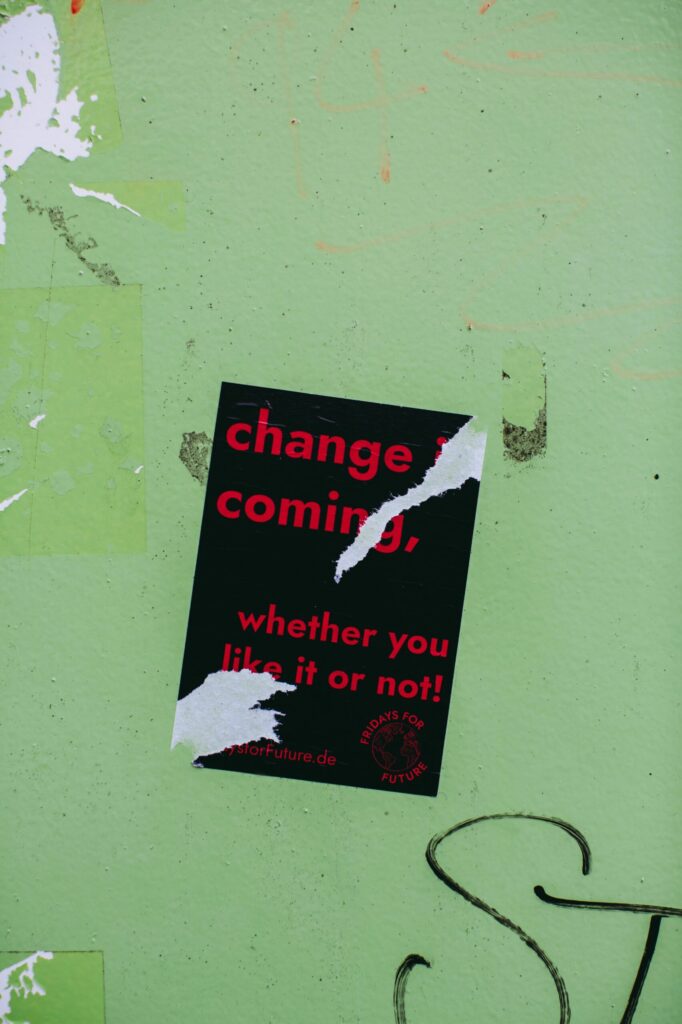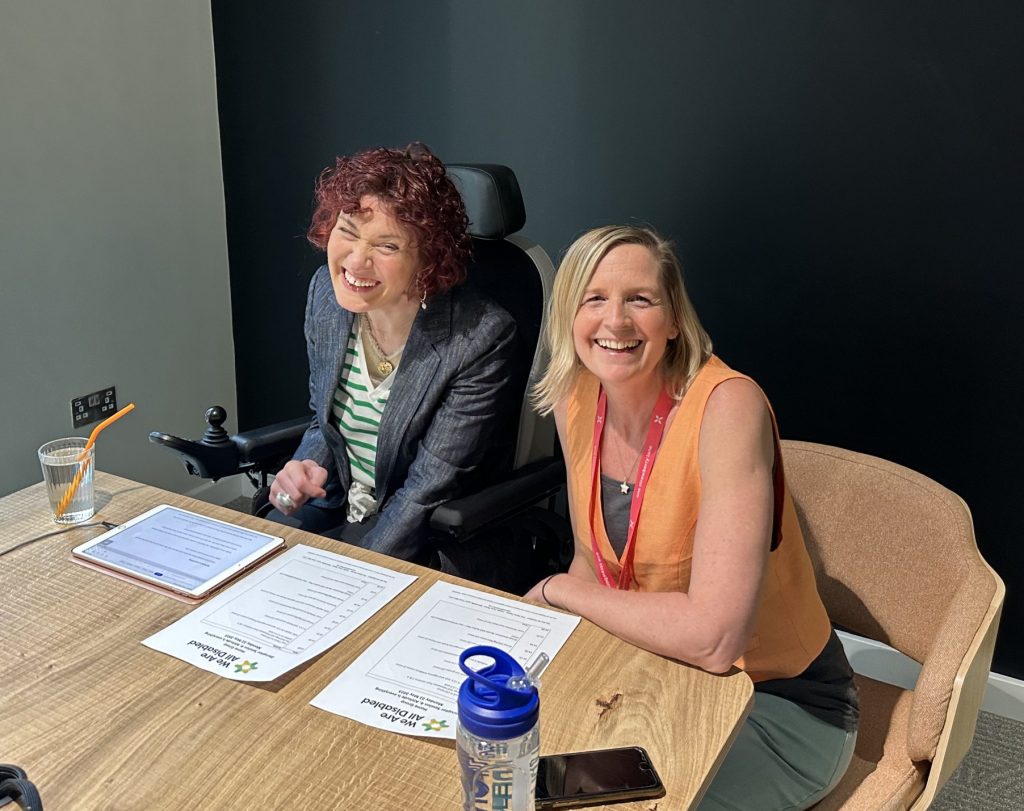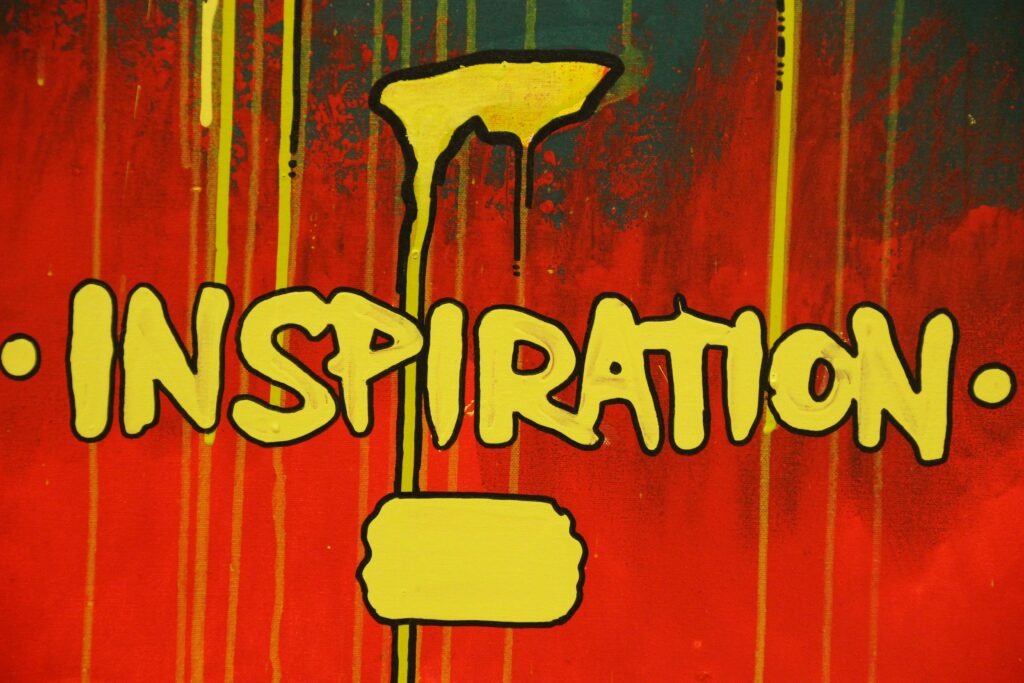I don’t often write about my political thoughts. However, the UK’s welfare reform is at a crossroads. The government’s recent proposals to reform disability benefits — particularly around PIP (Personal Independence Payment) assessments — have stirred strong feelings within the disabled community.
My mission and the aim of WAAD is to create a movement for positive cultural change which moves beyond outdated narratives and celebrates disability as part of the human experience.
While the proposals contain a small amount of potential, my concerns echo those of organisations like Disability Rights UK, warning that the reforms will cause further marginalisation of disabled people through bureaucracy and systemic barriers.
Right now, PIP assessments and much of the wider welfare system, are rooted firmly in the Medical Model of Disability. This model sees disability as a problem within the individual, something to be “fixed” rather than it being embraced as part of a person’s characteristics. It ignores the unique, personal challenges that we each encounter and reduces us to tick-boxes and evidence forms.
I believe that benefits should be about supporting people to live full, independent lives, not about catching people out. Yet the narrative too often paints disabled people as a burden, as work-shy, or even fraudulent — reinforcing stigma.
The proposals do mention more supportive conversations, tailored support and helping employers to create positive cultural change. These ideas align with WAAD’s aims — moving towards an Affirmative approach to disability that sees disabled people as individuals with skills, strengths, and identities worth celebrating.
For me, the most important thing is the voice of disabled people. It is vital that we are consulted, listened to and represented fairly in order to bring about positive and effective change.
Change is coming: Photo by Markus Spiske on Unsplash








